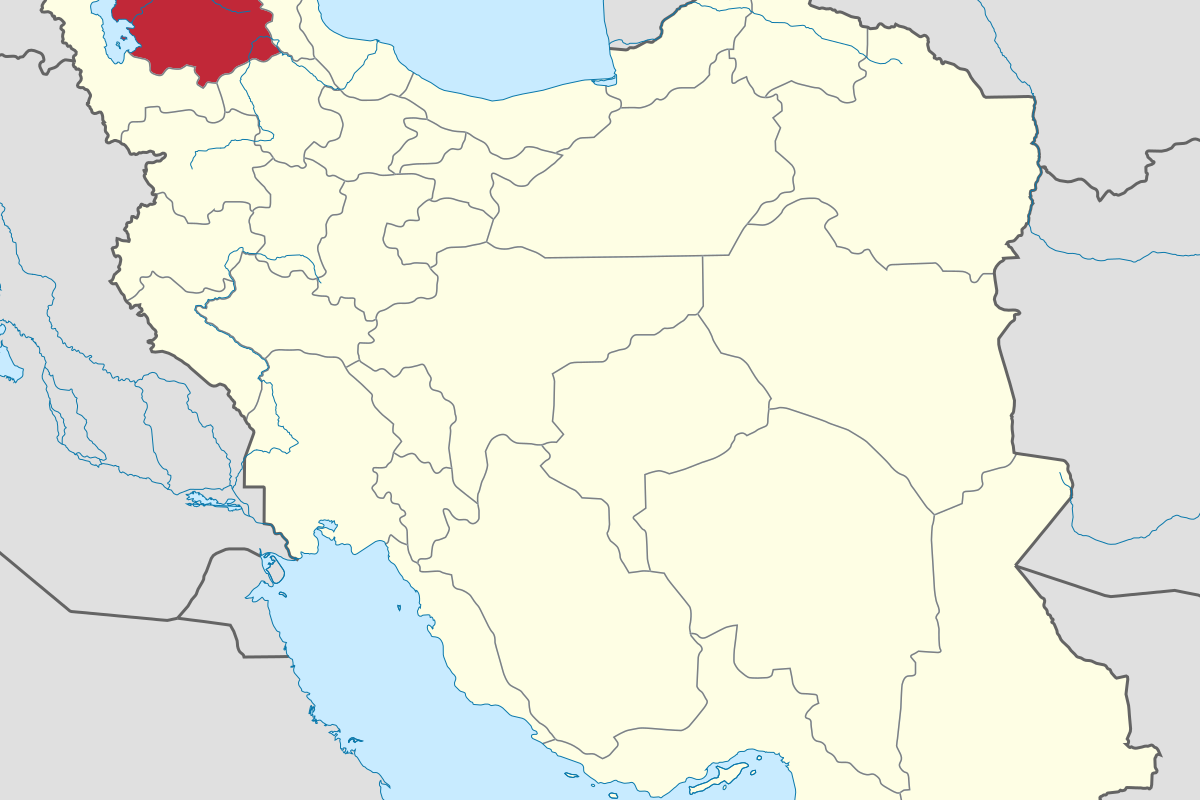
Azerbaijan’s announcement of a new climate fund aimed at addressing global climate challenges has sparked debate among experts and policymakers. While the initiative reflects a growing awareness of the need for urgent action in combating climate change, skepticism remains over whether it will significantly narrow the persistent climate finance gap facing developing nations. As pressure mounts on both industrialized and emerging economies to contribute to global climate efforts, the initiative is seen as a positive, though limited, step.
The fund, which Azerbaijan has positioned as a critical component of its climate strategy, seeks to channel resources into renewable energy projects, climate adaptation programs, and initiatives to reduce carbon emissions. Announced in the backdrop of international calls for stronger financial commitments from wealthier nations, the fund is intended to bolster Azerbaijan’s role in the global climate conversation. However, questions persist about whether the proposed financial allocations will be enough to address the scope of the climate crisis, especially in developing countries that remain underfunded in their climate resilience efforts.
Experts in the field have voiced concerns over the scale and structure of the new fund. Climate finance remains one of the most contentious issues in global negotiations, with developing nations repeatedly calling on wealthier states to meet their commitments to provide $100 billion annually in climate finance. Azerbaijan’s effort, while notable, may fall short in bridging the considerable financing gaps that persist.
One of the most pressing concerns about Azerbaijan’s climate fund is its size. Although the government has yet to release detailed financial commitments, early estimates suggest that the fund will likely be far smaller than the scale required to address the financing needs of vulnerable countries. Nations across Africa, Asia, and Latin America continue to struggle with the twin challenges of mitigating climate risks while adapting to their consequences, and the financial assistance they receive from international funds has long been deemed insufficient.
Azerbaijan’s contribution, while seen as a welcome addition to the global pool of climate finance, may be viewed as symbolic unless it is matched by more substantial commitments from larger economies. Climate change analysts argue that without a broader overhaul of global climate finance mechanisms, isolated efforts like Azerbaijan’s will struggle to meet the enormous demand for investment in clean energy, climate-smart infrastructure, and disaster resilience in the world’s most vulnerable regions.
The timing of Azerbaijan’s initiative coincides with a larger conversation about the role of oil and gas-rich countries in global climate action. Azerbaijan, a major energy producer, has benefited economically from its oil and gas exports. However, its energy-intensive economy also faces challenges in transitioning towards more sustainable practices. Critics have pointed out that Azerbaijan, along with other hydrocarbon exporters, needs to address its own emissions and align its domestic energy policies with global decarbonization goals if its climate fund is to be taken seriously on the world stage.
To its credit, Azerbaijan has made strides in exploring alternative energy sources, particularly solar and wind power. The country’s geographical location offers significant potential for renewable energy development, and the government has expressed its intention to scale up investments in this sector. Yet, the success of these efforts will depend heavily on Azerbaijan’s ability to attract private sector investment and secure international partnerships that can help expand the scope of renewable energy projects.
Critics have also questioned whether the fund will adequately address adaptation needs in developing countries. Climate adaptation, which involves preparing communities and ecosystems to cope with the adverse impacts of climate change, is often overlooked in favor of mitigation efforts aimed at reducing emissions. However, for many developing nations, adaptation is a more pressing concern. Rising sea levels, extreme weather events, and prolonged droughts threaten the livelihoods of millions of people, particularly in low-income countries. Without sufficient financial resources to support adaptation projects, these countries face the risk of irreversible damage to their economies and ecosystems.
Azerbaijan’s new climate fund must therefore strike a balance between supporting mitigation efforts and addressing the urgent adaptation needs of vulnerable populations. While Azerbaijan has committed to participating in international climate finance discussions, its ability to drive meaningful progress will hinge on the fund’s ability to leverage additional resources from both public and private sector actors.
The international community’s response to Azerbaijan’s fund will likely be shaped by broader trends in climate finance. Multilateral efforts, such as the Green Climate Fund (GCF), have faced challenges in mobilizing the necessary financial resources to meet their targets, and Azerbaijan’s fund will likely confront similar hurdles. Moreover, the complexities of climate finance governance, including the need for transparency, accountability, and equitable distribution of funds, will be key factors in determining the effectiveness of Azerbaijan’s initiative.




